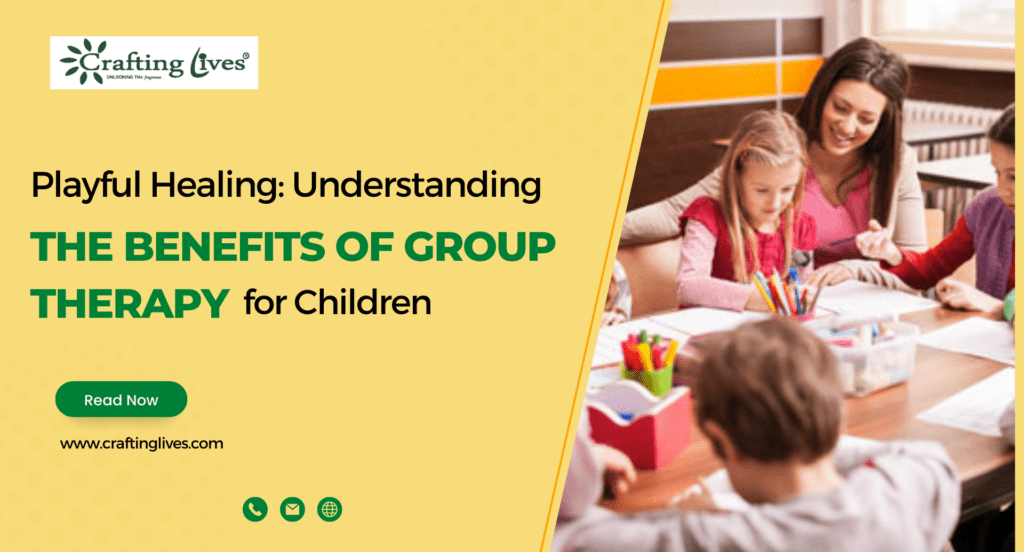Speech and language therapy plays a crucial role in supporting children with communication difficulties, enabling them to develop essential skills for effective communication and overall language development. This specialized therapy focuses on addressing various challenges, such as speech delays, articulation disorders, language disorders, and pragmatic difficulties, among others.
One of the primary benefits of speech and language therapy for children is improving their ability to express themselves clearly and effectively. Through targeted interventions, therapists work on enhancing speech sounds, articulation, and phonological skills, enabling children to produce sounds and words accurately. This improvement in speech clarity not only promotes effective communication but also enhances self-confidence and social interactions.
Language development is another key area addressed by speech and language therapy. Therapists target expressive language skills, helping children learn to formulate sentences, use appropriate grammar and vocabulary, and express their thoughts and ideas coherently. Additionally, receptive language skills, including comprehension and understanding of spoken language, are also addressed to ensure children can understand and follow instructions effectively.
Furthermore, speech and language therapy addresses pragmatic language skills, which involve social communication, turn-taking, understanding nonverbal cues, and engaging in meaningful conversations. Children with difficulties in pragmatic language may struggle with initiating and maintaining conversations, understanding social norms, and interpreting sarcasm or humor. Through therapy, children learn important social skills, improving their ability to navigate social interactions and build positive relationships with others.
In conclusion, speech and language therapy holds immense importance for children with communication difficulties. By targeting speech clarity, language development, pragmatic skills, and providing AAC options when needed, this therapy empowers children to overcome communication challenges, improve social interactions, and participate fully in academic, social, and daily life activities. Through the expertise and guidance of speech and language therapists, children can unlock their communication potential and thrive in their overall development.





